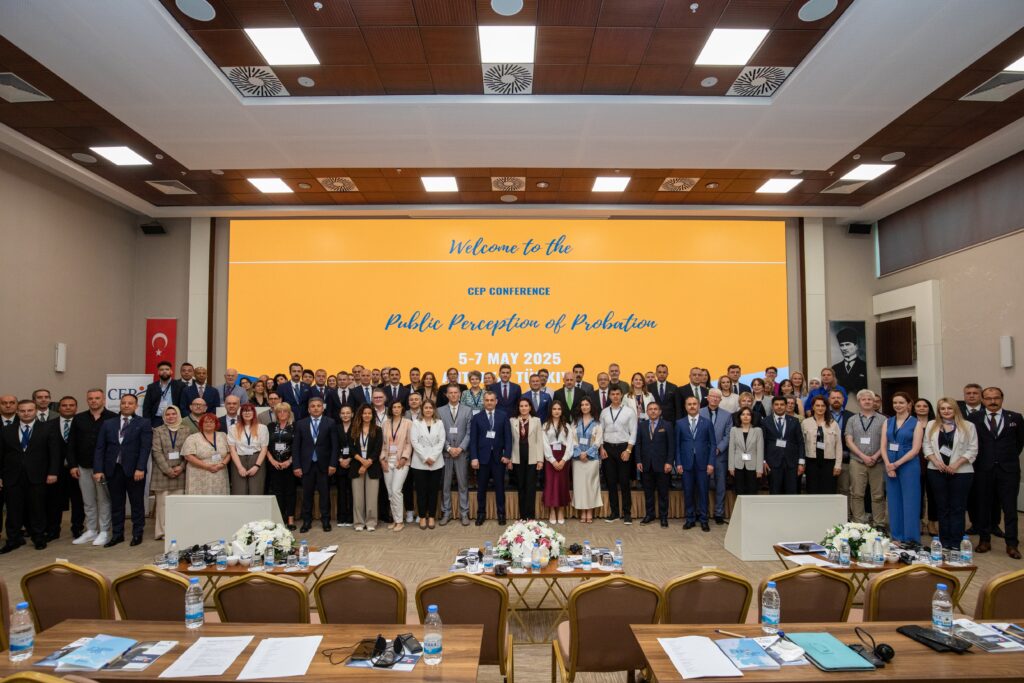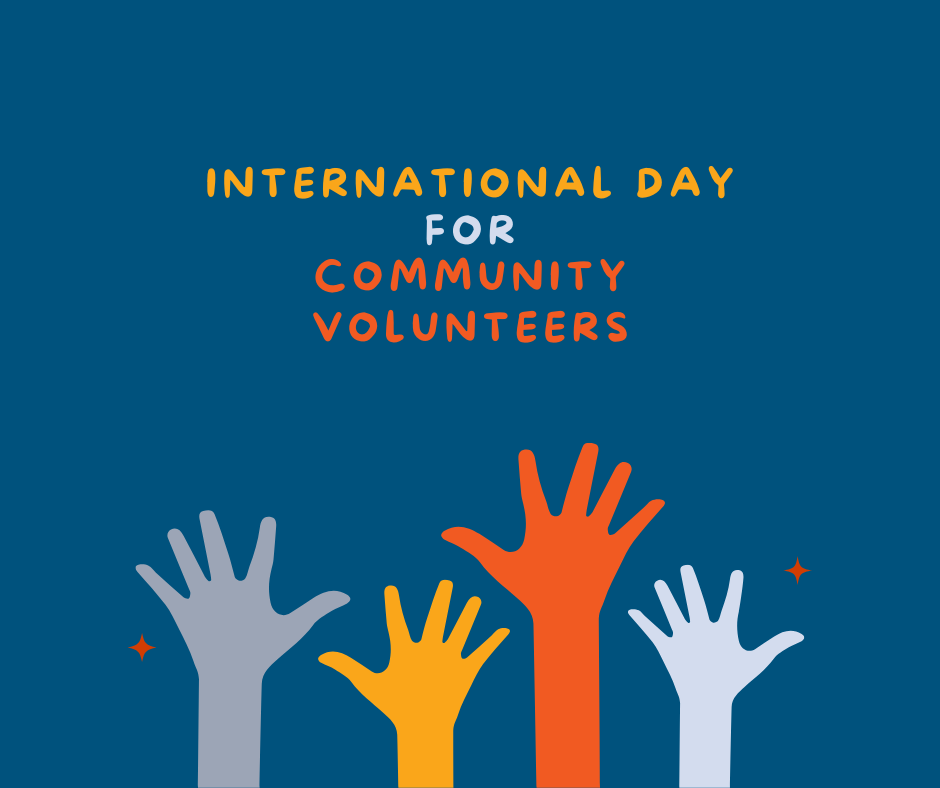Previous Article
News
Domestic abuse and Covid-19: Epidemic of violence in times of a pandemic
Almost one third of women worldwide have experienced some form of physical or sexual violence by their intimate partner and more than one third of all murders of women (38%) may be classified as femicide.
One third of women face domestic abuse
Against this background, the World Health Organisation has long recognised gender based violence in general, and intimate partner (or domestic violence) in particular as a public health problem. It is beyond doubt that intimate partner violence is affecting a disproportionately large number of women globally and that, as such, this form of violence is an epidemic that is killing hundreds of women every day.
A too large number of women and their children have to face, on a daily basis, the stress of sharing their often confined living space with their oppressor, living in fear of a situation that might trigger the dreaded violence. This is already very difficult when the offender is only spending a limited time with the family, but it gets exponentially more dangerous when they get no other ‘outlet’ – but their own family members, because of a society wide lockdown.
Therefore, it is no wonder that we at Victim Support Europe were alarmed on behalf of those vulnerable victims with the outbreak of the Covid-19 pandemic and the announcement of strict confinement measures in response.
Understanding the impact of the pandemic on the needs of victims of domestic violence is still a work in progress and it will take some time to fully understand the sufferings caused to vulnerable victims during this complex time. Early data indicates that indeed, our fears were justified – the pandemic did increase the incidence of domestic violence. In France, for example, during the two months of confinement (mid-March to mid-May) the number of helpline calls to the 116 006 helpline related to domestic violence have tripled in comparison to the same period from the previous year, while the local branches of France Victimes registered an increase of 57% in victims of domestic violence. Interestingly, the more the lockdown lasted, more victims were exposed to violence at home – in the last three weeks of lockdown, France Victimes registered 60% increase in reports of domestic violence. Similar were recorded in many other VSE member organisations.

Supporting victims
To support victims of crimes in general, and victims of domestic violence in particular, it is necessary to properly understand their needs and to cater to them. What is crucial, in this regard, is that there is a properly developed system of support services. This means that there should be a nation-wide system of generic support services in combination with high quality specialist services. This is not only a policy recommendation but also a legal obligation stemming from the EU Victims’ Rights Directive. Even before the pandemic, there was a concerning lack of available victim support services. The dire need for services only increased with the lockdown. This kept victim support services going even when almost everything else has stopped – once again showing that victim support services are essential services, together with grocery shops, public transport and other basic services that keep the basic needs of a society fulfilled.

Where there is a will, there is a way
Having caught wind of the potential increase in crime, in particular in domestic violence, we at VSE were also quick to respond. Early in the lockdown, we created a special Covid-19 page on our website, with a particular emphasis given to victims of domestic abuse and providing some practical tools to help support victims. We also registered some good practices. In Brussels, for example, the authorities have requisitioned a hotel with the aim to provide temporary shelter to victims of domestic violence. The European Parliament also opened its doors to homeless women in Brussels, many of whom were victims of domestic abuse . In France and Spain, pharmacies encouraged victims to use code words to alert pharmacists about ongoing domestic violence . For the umpteenth time in human history, we evolved with the situation and showed that where there(?) is a will, there is a way.
However, just like the epidemic of domestic violence, the Covid-19 pandemic appears to be far from over. While there is significant investment and the commitment to find a viable long-lasting solution for the former – in the form of a vaccine and/or treatment, the latter will be more difficult to fix.
We need to keep reminding ourselves that for many women and their children their own homes are more dangerous than the killer virus, and that even after the global outbreak of a deadly disease has been brought under control, these vulnerable victims will continue to live in fear for their lives on a daily basis. Domestic violence kills 50,000 women every year and, if that is not an argument convincing enough – it also causes enormous losses for the economy . We as society need to do all we can to eradicate the violence at the place where the person should feel safest – at home. We need to be ready to fight it as determinedly as any other epidemic that threatens the life as we know it – because it is exactly that – an epidemic that threatens our public health.
We are only as good as how we treat our most vulnerable. We have a lot of room to improve and we are already very late in making things better. We owe it to all 50,000 women killed every year and the hundreds of thousands of those women and their children who have feared for their lives before and during Covid-19 and who will continue to do so unless we act. It is on us.
This article is written by Aleksandra Ivankovic, Deputy Director of Victim Support Europe

Related News
Keep up to date with the latest developments, stories, and updates on probation from across Europe and beyond. Find relevant news and insights shaping the field today.
Recap

CEP Events, Communication and Awareness-Raising
Recap: Conference on Public Perception of Probation
06/05/2025
From 6 to 7 May, the CEP Conference on the Public Perception of Probation in Europe took place in Antalya, Türkiye, bringing together over 100 participants from more than 20 countries. The event offered space for open discussion, exchange of experiences, and practical ideas on how probation is seen and supported across Europe.
New

Probation in Europe
New Interview Online with Felix Gerike, a survivor of a knife attack
01/05/2025
What do victims of violent crime need to recover—and what can be done to prevent such attacks?
In the latest episode of Division_Y, Jo Tein, CEP board member, speaks with Felix Gerike, a survivor of the 2023 Brokstedt knife attack in Germany. Felix played a crucial role in disarming the attacker, helping to prevent further harm. He shares his personal experience, reflections on victim support, and his views on justice and policy responses to violent crime.
Probation in Europe
New Executive Summaries for the report on Building Probation Capacity in Spanish and Italian
01/05/2025
Updated

CEP Board, Probation in Europe
New Interview Online: Maren Michels – The Role of NGOs in Probation
22/04/2025
In the newest Division_Y interview, Maren Michels, director of the Hamburg Welfare Association, shares her experiences and reflects on the vital role that NGOs play in supporting people during and after incarceration.
New

CEP Events
Want to Win a CEP Award? See How Finland Did It – Apply for 2025!
22/04/2025
We’re excited to share an exclusive interview with the winners of the Development of National Probation Services Award from the CEP Awards 2022:
The Prison and Probation Service of Finland.
New

Volunteers
International Day for Community Volunteers
17/04/2025
17 April – International Day for Community Volunteers!
Today, we celebrate the inaugural International Day for Community Volunteers Supporting Offender Reintegration—a day dedicated to acknowledging the vital contributions of volunteers who assist individuals in their journey back into society.
This initiative was launched during the 2nd World Congress for Community Volunteers, held alongside the 6th World Congress on Parole and Probation in The Hague (16–18 April 2024).
At CEP, we’re proud to support the official Declaration on the International Day for Community Volunteers. We’re also actively involved in the CoPPer project—a European initiative aimed at promoting community participation in probation services. CoPPer focuses on training volunteers to support individuals under supervision, helping them access education, employment, and community connections.
A heartfelt thank you to all the community volunteers out there—your dedication makes a real difference.
Subscribe to our bi-monthly email newsletter!
"*" indicates required fields
- Keep up to date with important probation developments and insights.

